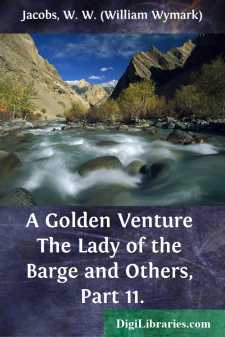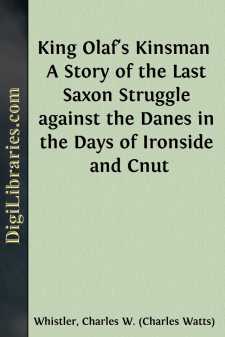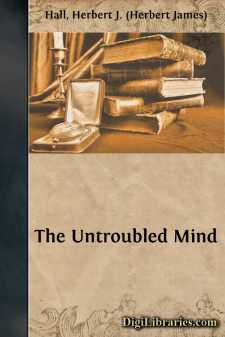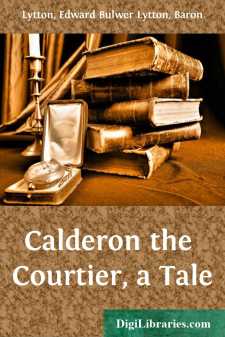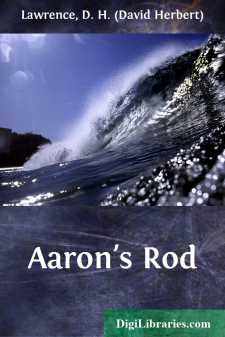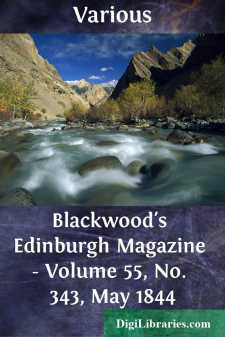Categories
- Antiques & Collectibles 13
- Architecture 36
- Art 48
- Bibles 22
- Biography & Autobiography 813
- Body, Mind & Spirit 142
- Business & Economics 28
- Children's Books 13
- Children's Fiction 10
- Computers 4
- Cooking 94
- Crafts & Hobbies 4
- Drama 346
- Education 46
- Family & Relationships 57
- Fiction 11828
- Games 19
- Gardening 17
- Health & Fitness 34
- History 1377
- House & Home 1
- Humor 147
- Juvenile Fiction 1873
- Juvenile Nonfiction 202
- Language Arts & Disciplines 88
- Law 16
- Literary Collections 686
- Literary Criticism 179
- Mathematics 13
- Medical 41
- Music 40
- Nature 179
- Non-Classifiable 1768
- Performing Arts 7
- Periodicals 1453
- Philosophy 64
- Photography 2
- Poetry 896
- Political Science 203
- Psychology 42
- Reference 154
- Religion 513
- Science 126
- Self-Help 84
- Social Science 81
- Sports & Recreation 34
- Study Aids 3
- Technology & Engineering 59
- Transportation 23
- Travel 463
- True Crime 29
Sort by:
A pine forest is nature's expression of solemnity and solitude. Sunlight, rivers, cascades, people, music, laughter, or dancing could not make it gay. With its unceasing reverberations and its eternal shadows, it is as awful and as holy as a cathedral. Thirty good fellows working together by day and drinking together by night can keep up but a moody imitation of jollity. Spend twenty-five of your...
more...
A GOLDEN VENTURE The elders of the Tidger family sat at breakfast—Mrs. Tidger with knees wide apart and the youngest Tidger nestling in the valley of print-dress which lay between, and Mr. Tidger bearing on one moleskin knee a small copy of himself in a red flannel frock and a slipper. The larger Tidger children took the solids of their breakfast up and down the stone-flagged court outside, coming in...
more...
Chapter 1: The Coming Of The Vikings. All along our East Anglian shores men had watched for long, and now word had come from Ulfkytel, our earl, that the great fleet of Swein, the Danish king, had been sighted off the Dunwich cliffs, and once again the fear of the Danes was on our land. And so it came to pass that I, Redwald, son of Siric, the Thane of Bures, stood at the gate of our courtyard and...
more...
Canst thou not minister to a mind diseas’d,Pluck from the memory a rooted sorrow,Raze out the written troubles of the brain,And with some sweet oblivious antidoteCleanse the stuff’d bosom of that perilous stuffWhich weighs upon the heart? Macbeth. When a man tells me he never worries, I am inclined to think that he is either deceiving himself or trying to deceive me. The great roots of worry are...
more...
CHAPTER I. THE ANTE-CHAMBER. The Tragi-Comedy of Court Intrigue, which had ever found its principal theatre in Spain since the accession of the House of Austria to the throne, was represented with singular complication of incident and brilliancy of performance during the reign of Philip the Third. That monarch, weak, indolent, and superstitious, left the reins of government in the hands of the Duke of...
more...
by:
Oscar Wilde
FIRST ACT SCENE The octagon room at Sir Robert Chiltern’s house in Grosvenor Square. [The room is brilliantly lighted and full of guests. At the top of the staircase stands lady chiltern, a woman of grave Greek beauty, about twenty-seven years of age. She receives the guests as they come up. Over the well of the staircase hangs a great chandelier with wax lights, which illumine a large...
more...
Mr. President: It is now three years since the resolve was adopted by the Senate, which it is my present motion to expunge from the journal. At the moment that this resolve was adopted, I gave notice of my intention to move to expunge it; and then expressed my confident belief that the motion would eventually prevail. That expression of confidence was not an ebullition of vanity, or a presumptuous...
more...
CHAPTER I. THE BLUE BALL There was a large, brilliant evening star in the early twilight, and underfoot the earth was half frozen. It was Christmas Eve. Also the War was over, and there was a sense of relief that was almost a new menace. A man felt the violence of the nightmare released now into the general air. Also there had been another wrangle among the men on the pit-bank that evening. Aaron...
more...
THE THUNDERBOLT. There is an artless tradition among the Indians, related by Irving, of a warrior who saw the thunderbolt lying upon the ground, with a beautifully wrought moccasin on each side of it. Thinking he had found a prize, he put on the moccasins, but they bore him away to the land of spirits, whence he never returned.Loud pealed the thunderFrom arsenal high,Bright flashed the lightningAthwart...
more...
by:
Various
THE INCREASE OF CRIME. Among the many causes of anxiety which the present state of society in the British empire must occasion to every thoughtful or reflecting mind—one of the most extraordinary and alarming is, the constant and uninterrupted increase of crime. The Liberals shut their eyes to this, because it affords a sad illustration of the effect of their favourite theories, which for a quarter...
more...



